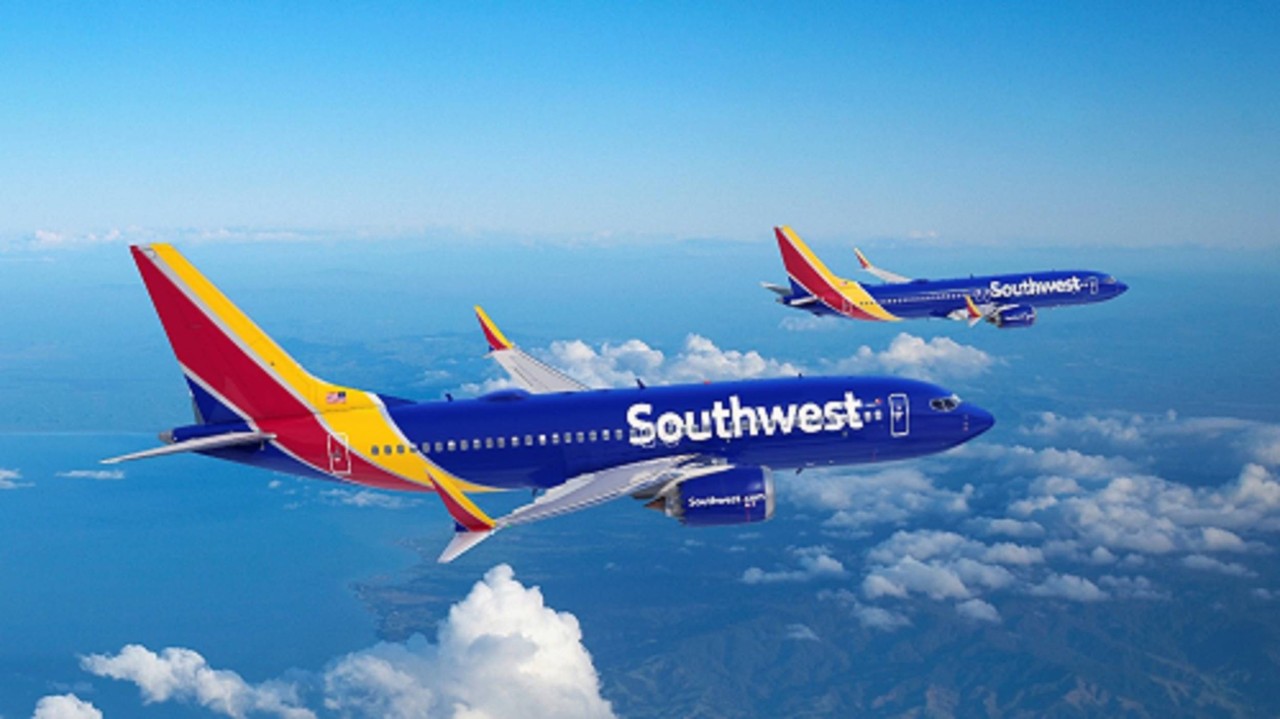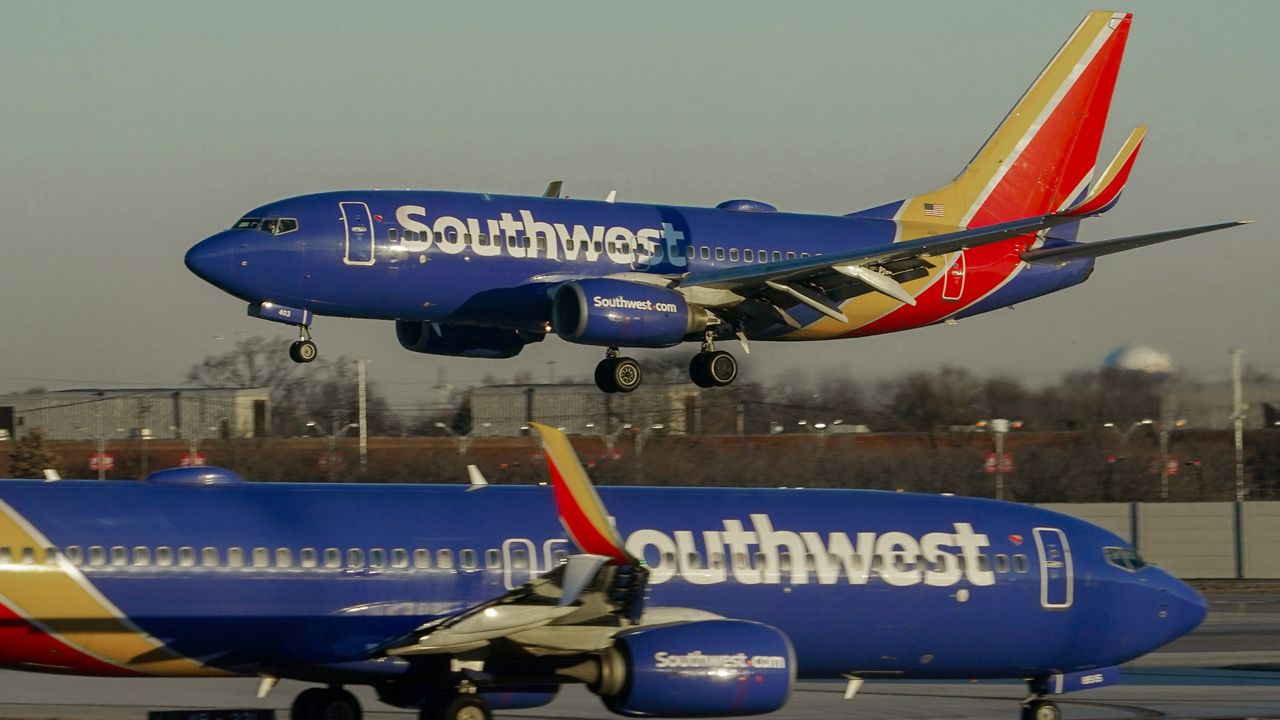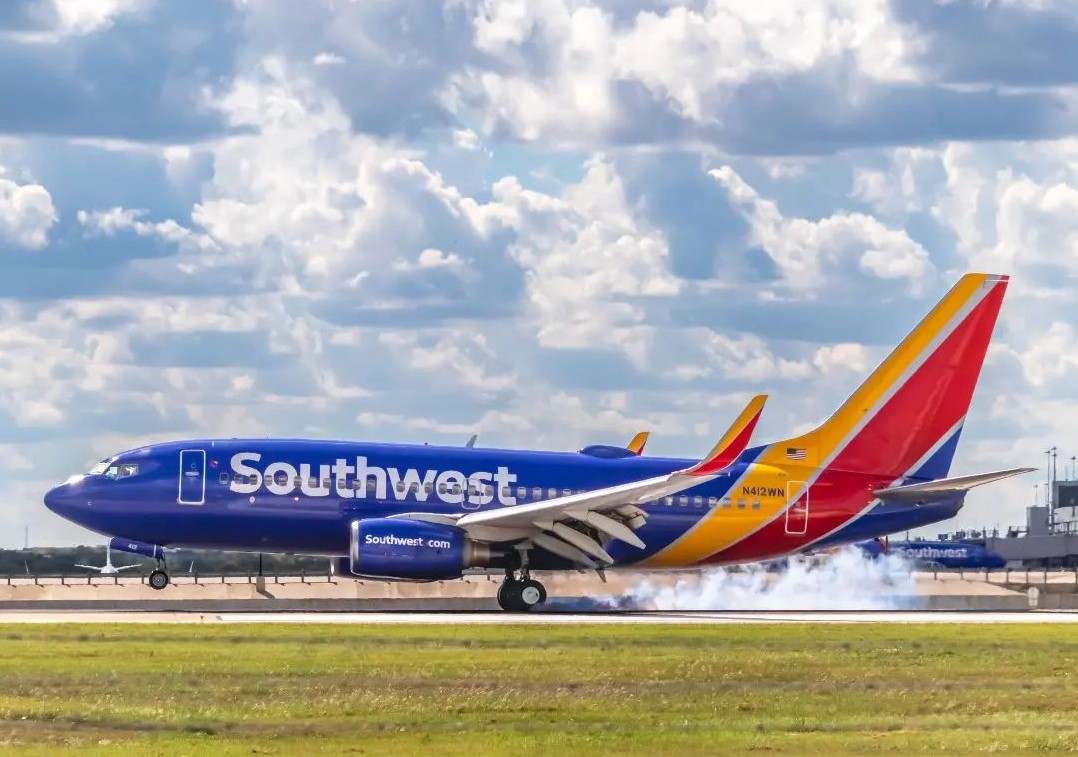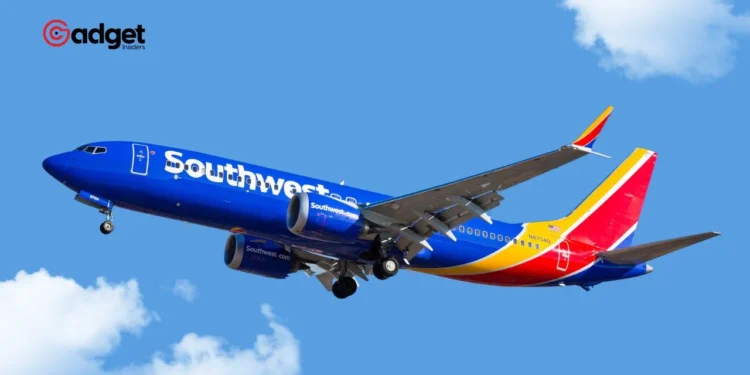Southwest Airlines has long been the bastion of customer-centric air travel, championing a business model that spurns the nickel-and-diming strategy so common in today’s airline industry. With its unique “transfarency” philosophy—a term coined by Southwest to describe its practice of offering straightforward, low fares without hidden charges—the airline has positioned itself as a disruptor, reshaping expectations for budget travel.

A Closer Look at “Transfarency”
At the core of Southwest’s ethos is a commitment to honesty and fairness in pricing. The airline’s website boldly claims, “Low fares. No hidden fees,” which encapsulates their straightforward approach. Unlike many major airlines, Southwest does not charge for seat assignments, as it does not assign seats at all, and allows two free checked bags, maintaining a simplicity in its fee structure that is as refreshing as it is rare.
However, it’s not all clear skies. Southwest does charge for certain add-ons like WiFi, which saw a pricing model shift from a single $8 fee for the entire journey to $8 per flight segment, reflecting a move towards more conventional airline pricing tactics.
The current line for cancellations/rescheduling at Southwest Airlines counter at DIA. 😮 pic.twitter.com/wtrzu6qYcy
— Jeremiah Bellile (@miahbellile) December 26, 2022
The Democratic Boarding Process
One of Southwest’s most praised features is its boarding process. Largely democratic, passengers check in 24 hours before their flight and receive a boarding group and number, dictating the order of boarding. While this system aims to be fair, there are premium options available, such as the Early Bird check-in and Upgraded Boarding, which allow passengers to secure a better boarding position for a fee.

The costs associated with these services have seen a notable increase, with Early Bird check-in fees now ranging from $15 to $99 per passenger and Upgraded Boarding fees stretching from $30 to $149 per segment. These changes have sparked discussions about the balance between maintaining low base fares and generating revenue from ancillary services.
Economic Pressures and Customer Policies
Amid economic fluctuations and competitive pressures, Southwest Airlines has adjusted its pricing strategy. Yet, according to Chief Commercial Officer Ryan Green, the airline remains committed to its customer-first policies. During the airline’s recent earnings call, Green highlighted Southwest’s favorable cancellation and refund policies, which are particularly accommodating compared to industry standards.

“Flight credits don’t expire with Southwest, and we don’t charge change fees or for bags. We’re proud to be unique among airlines in maintaining these customer-friendly policies,” Green stated.
Southwest Airlines: Navigating Modern Air Trave
As the aviation industry continues to evolve, Southwest Airlines remains a pivotal player in the narrative of modern air travel. While it adapts to the economic demands of the sector, the airline strives to uphold the values that have long defined its brand. The challenge lies in balancing these foundational principles with the financial realities of running an airline, ensuring that the spirit of “transfarency” does not become just another relic of the past.
As travelers and industry watchers alike look to Southwest, the ongoing commitment to straightforward, fair pricing will undoubtedly continue to be a significant part of its appeal, setting the stage for how airlines might navigate the complexities of customer satisfaction and profitability in the years to come.










